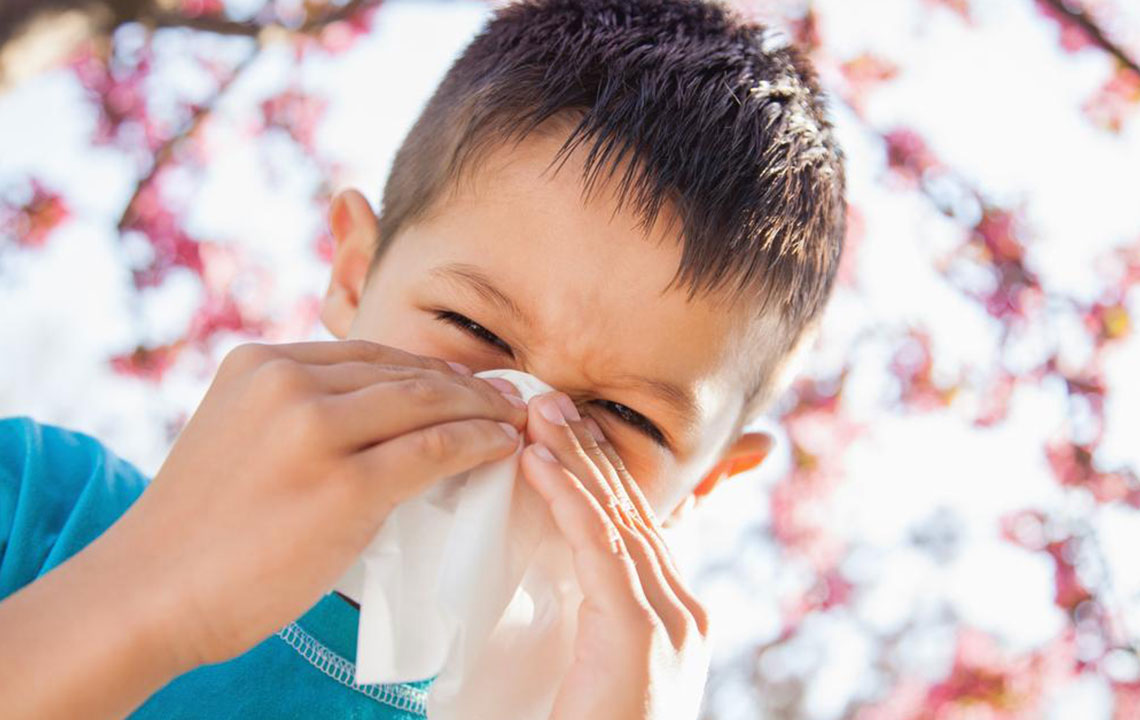Effective Strategies for Managing Canine Food Allergies and Enhancing Pet Health
Discover effective strategies to manage canine food allergies and improve your dog’s overall health. This comprehensive guide emphasizes the importance of proper diagnosis, hypoallergenic diets, and choosing trusted products to prevent adverse reactions and enhance well-being. Learn how to identify symptoms, introduce new foods safely, and select the best nutrition for sensitive dogs, ensuring a happier, healthier life for your furry friend.

Effective Strategies for Managing Canine Food Allergies and Enhancing Pet Health
Ensuring proper nutrition is a cornerstone of maintaining a dog’s overall health and longevity. A well-balanced diet supports their immune system, energy levels, coat condition, and gastrointestinal health. However, an increasing number of dogs are experiencing food allergies, which can significantly impact their quality of life if not properly managed. Pet owners need to understand how to identify, prevent, and treat food allergies to keep their furry friends happy and healthy. This comprehensive guide explores the vital aspects of managing canine food allergies, including recognizing symptoms, selecting appropriate diets, and making informed choices that promote overall well-being.
Understanding canine food allergies is crucial, as these sensitivities occur when a dog’s immune system reacts adversely to specific ingredients in their diet. Common allergens include proteins from beef, chicken, dairy, soy, and certain grains or carbohydrates. When these allergens are ingested, dogs may exhibit a range of symptoms, from gastrointestinal distress to skin issues, affecting their comfort and health. Identifying and eliminating these triggers is paramount to managing allergies effectively and preventing chronic health issues.
Engaging in a consultative process with a licensed veterinarian is an essential step in diagnosing food allergies. Veterinarians may recommend elimination diets, allergy testing, or food trials to pinpoint specific allergens. Once identified, pet owners can focus on providing hypoallergenic or limited-ingredient diets that reduce the exposure to potential allergens. These specialized diets typically contain fewer ingredients, making it easier to identify problematic components and reducing the risk of allergic reactions.
Key strategies for managing canine food allergies include:
Seeking expert veterinary guidance for accurate diagnosis
Providing a nutritionally balanced, allergen-free diet
Enhancing digestion through proper formulation
Gradually introducing new foods to monitor for reactions
Carefully mixing small amounts of new foods into existing diets to assess tolerance
Symptoms associated with food allergies can vary, but often include vomiting, diarrhea, chronic ear infections, skin itching, and even constipation. Persistent gastrointestinal or dermatological issues should prompt a veterinarian’s assessment. Managing these symptoms effectively involves not just vigilant diet monitoring but also selecting hypoallergenic products that minimize adverse reactions.
Choosing the right hypoallergenic dog food is critical. Reputable brands invest in research to formulate products with minimal, carefully selected ingredients that are less likely to trigger allergies. Examples include P.S. for Dogs, renowned for their high-protein content and gentle formulations that support recovery from food sensitivities. Other trusted options like Instinct Limited Ingredient Diets exclude fillers and grains, emphasizing pure nutrition tailored for sensitive dogs. Rachael Ray Nutrish Just 6 features just six simple, vitamin-enriched ingredients, making it easy to identify and avoid potential allergens. Similarly, NUTRO Limited Ingredient Diet contains up to ten carefully chosen ingredients to aid digestion and reduce allergy risks.
When selecting a suitable dog food, pet owners should prioritize products tested and reviewed for quality and safety. Consulting product labels, reading customer feedback, and purchasing from reputable retailers are essential steps toward providing the best nutrition. Remember, gradual transitions to new diets help minimize gastrointestinal upset and allow pets to adapt comfortably.
Managing canine food allergies requires vigilance, patience, and informed decision-making. Proper diet control, combined with ongoing veterinary support, can significantly improve a dog’s quality of life. Ensuring your pet receives a hypoallergenic diet tailored to their sensitivities supports their immune health and alleviates uncomfortable symptoms.
In conclusion, understanding the significance of food allergies in dogs and implementing strategic dietary management can make a profound difference in their overall health. By choosing high-quality, allergen-free foods and working closely with veterinary professionals, pet owners can safeguard their dogs’ well-being, prevent chronic health issues, and foster a happier, healthier life for their treasured companions.





